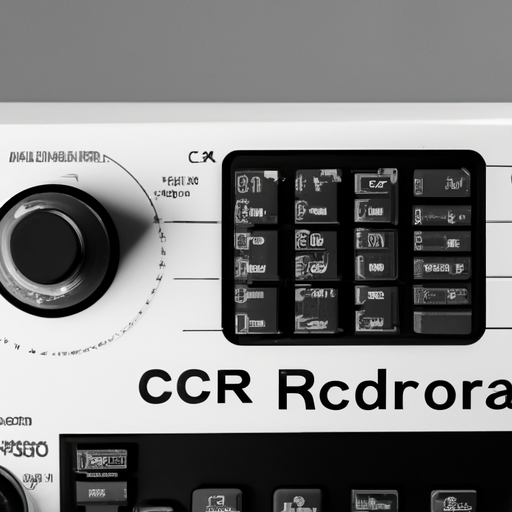Products
- Capacitor Networks, Arrays(2073)
- Aluminum Electrolytic Capacitors(119232)
- Tantalum Capacitors(106098)
- Ceramic Capacitors(802073)
- Electric Double Layer Capacitors (EDLC), Supercapacitors(2508)
- Film Capacitors(165215)
- Accessories(256)
- Mica and PTFE Capacitors(9477)
- Trimmers, Variable Capacitors(1755)
- Thin Film Capacitors(3401)
- LED Character and Numeric(4347)
- Display Bezels, Lenses(87)
- LED Emitters - Infrared, UV, Visible(3590)
- Laser Diodes, Modules(800)
- LED Dot Matrix and Cluster(634)
- Ballasts, Inverters(204)
- Optoelectronics Accessories(6346)
- LCD, OLED Character and Numeric(1966)
- Spacers, Standoffs(2700)
- Incandescent, Neon Lamps(1242)
- AC DC Desktop, Wall Power Adapters(13328)
- External/Internal Power Supply Accessories(1823)
- DC DC Converters(12420)
- AC DC Converters(198098)
- AC DC Configurable Power Supply Chassis(208)
- AC AC Wall Power Adapters(172)
- AC DC Configurable Power Supply Modules(122)
- LED Drivers(5076)
- Power over Ethernet (PoE)(733)
- AC DC Configurable Power Supplies (Factory Assembled)(317)
- Fuses(23615)
- Fuseholders(6012)
- Varistors, MOVs(15992)
- Gas Discharge Tube Arresters (GDT)(3698)
- Circuit Breakers(115397)
- Circuit Protection Accessories(5100)
- Thermal Cutoffs (Thermal Fuses)(413)
- Ground Fault Circuit Interrupter (GFCI)(811)
- PTC Resettable Fuses(5024)
- Inrush Current Limiters (ICL)(1291)












